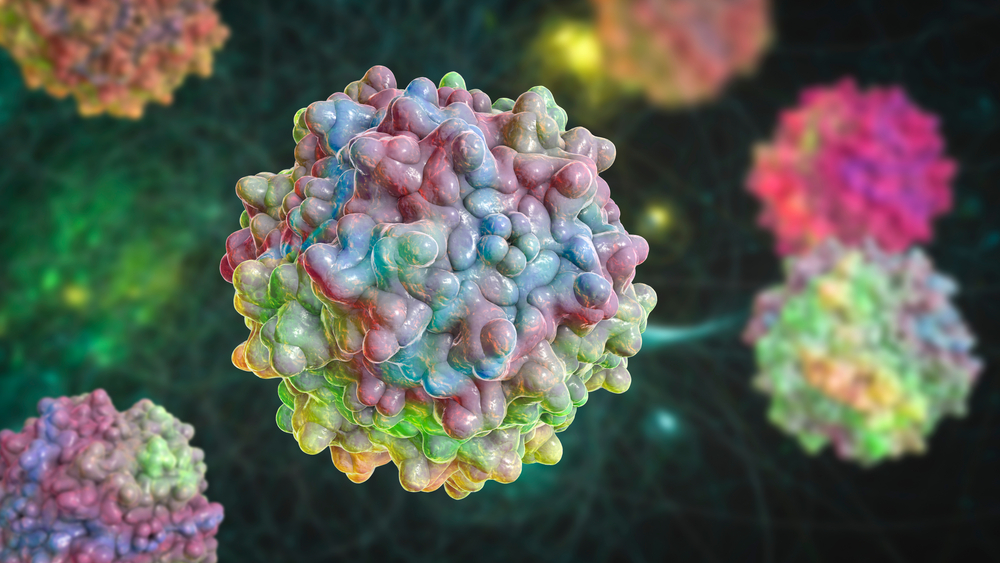Newsletter Signup - Under Article / In Page
"*" indicates required fields
Ginkgo Bioworks has acquired StrideBio’s adeno-associated virus (AAV) capsid discovery and engineering platform assets.
A secondary close is scheduled upon the transfer of certain additional in-license agreements to Ginkgo Bioworks.
Ginkgo Bioworks will incorporate the assets and IP into its end-to-end AAV gene therapy development platform, allowing the company’s customers to leverage new tools to effectively target many different tissue types, and potentially to improve the safety profile of their future gene therapies.
Ginkgo Bioworks is also receiving StrideBio’s existing library of capsids, which includes advanced candidates extensively tested in large animal models, and which are now available for licensing and broader partnership. Additionally, Ginkgo Bioworks receives the IP and data for StrideBio’s lead preclinical asset for arrhythmogenic right ventricular cardiomyopathy (ARVC), a rare genetic heart disease, which the company plans to sell or outlicense to a commercial partner.
The acquisition is focused on the enabling platform IP of StrideBio, and does not include any real estate. One employee of StrideBio will transfer to Ginkgo Bioworks as part of the transaction, joining Ginkgo Bioworks’ mammalian engineering team.
AAV remains the preferred viral vector for gene therapy. It is used in hundreds of active clinical trials. However, pharmaceutical developers focusing on AAV still face challenges pertaining to limitations in targeted biodistribution, pre-existing immunogenicity and manufacturability.
STRIVE platform
StrideBio’s STRIVE platform – which uses a structural-engineering approach for generating novel AAV capsids to address these limitations – has produced a library of candidates that includes mature assets with strong evidence demonstrated for both performance and targeting across multiple animal models.
StrideBio’s platform generates capsids that are designed to overcome current limitations of first-generation gene therapies, including reduced seroprevalence, improved tropism for cell types beyond the liver such as those in the central nervous system and muscle tissue, and increased gene transfer efficiency, with the potential for improved safety and reduced doses in the clinic.
“The StrideBio team has built a deep pipeline of AAV capsids and libraries to address critical challenges facing clinical gene therapy with a focus on reducing vector dose and improving safety by limiting off-target biodistribution,” said Aravind Asokan, who co-founded StrideBio with Pat Ritschel and the late Mavis Agbandje-McKenna.
“With Ginkgo’s expertise and scale, we hope to amplify this effort and deploy this platform to the gene therapy industry and ultimately, patients.”
Ginkgo Bioworks enzyme capabilities
“Combining Ginkgo’s engineering and discovery capabilities in enzymes, regulatory elements, and capsids enables a holistic approach to designing an AAV gene therapy, so that we can support our partners across the entire process of designing the viral vector,” said Narendra Maheshri, head of mammalian engineering at Ginkgo Bioworks.
“We are thrilled to integrate the STRIVE platform and know-how into our foundry to augment our capabilities in capsid engineering, and we look forward to continuing to expand our existing end-to-end capabilities in AAV discovery and manufacturing.”
Ginkgo Bioworks has expanded its work and capabilities in gene therapy in recent years by acquiring Circularis’ proprietary circular RNA and promoter screening platform, partnering with Biogen to improve AAV manufacturing, and partnering with Selecta Biosciences to develop AAV capsids with altered tropism and immunogenicity.
Ginkgo Bioworks has developed several capabilities that enhance its ability to leverage assets like those in this acquisition, including its ability to efficiently and quickly generate a massive set of candidates for testing, its scaled approach to protein engineering, and its ability to apply sequencing and computational pipelines to accelerate the analysis of capsid effectiveness in tissues of interest.
Partnering 2030: Biopharma Report







